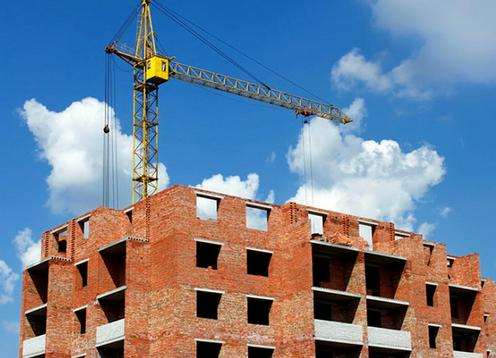By the end of this year, Uzbekistan plans to implement 312 projects in the construction materials industry totaling $2.4 billion. This is expected to create 16,000 jobs, increase production volume to 53 trillion soums ($4 billion), and raise exports to $1.2 billion. These projections were presented to President Shavkat Mirziyoyev during a presentation on industry development on May 19, according to his press service.
Representatives of relevant agencies emphasized that population growth and urban expansion are driving demand for high-quality construction materials. As a result, the industry itself is developing, with nearly 10,000 enterprises currently operating.
In the first quarter of this year, production volume increased by 8%, and exports by 11%. As part of the investment program, 9 major projects worth $500 million have been launched. Trade houses of Uzbekistan have opened in Dushanbe, Kabul, and Philadelphia.
At the same time, officials face ambitious goals, for which a number of key initiatives are being implemented. As the head of state noted, issues of product quality, cost, and construction culture are particularly relevant. Therefore, it is necessary to introduce modern technologies, enhance the competitiveness of local products, and increase their use within the republic. Science and applied research play an important role here — an R&D research center was established and an expert from Germany was brought in.
One example considered was the production of roll-out concrete coverings for canals and irrigation ditches. According to estimates, a well-planned approach could reduce time and cost of concrete work by 10%, and water usage by 3–5%.
Mirziyoyev also stressed the importance of increasing the supply of high value-added products both to the domestic market and abroad. In addition, attention was drawn to the need for analyzing energy consumption and implementing efficient innovations. For example, an audit of large enterprises in the sector revealed that 300 million kilowatt-hours could be saved through technology upgrades and rational organization of the production process.
Officials have also been tasked with creating a registry of companies producing construction materials on the “Shaffof Qurilish” (“Transparent Construction”) platform. In the future, this web resource will be used to monitor product quality.










